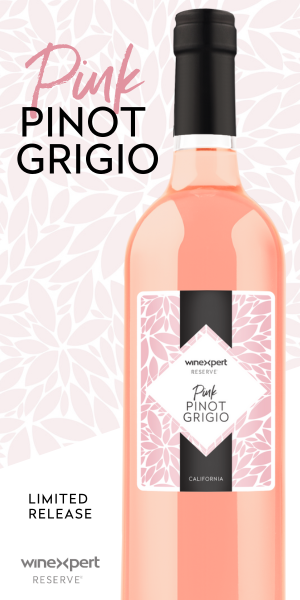Can Lambrusco wine be refrigerated for several months and then safely kept on a wine rack?
 Dear Wine Wizard,
Dear Wine Wizard,
Can Lambrusco wine be refrigerated for several months and then safely kept on a wine rack? What is the expiration time frame for this wine?
Jeanne Considine
Boulder, Colorado
Wine Wizard replies: Hmmm . . . Lambrusco is not one of those wines typically made to age for decades and decades, which leads me to believe that your wine, which has been shuttled from fridge to shelf might not be the happiest bottles in the business. Let’s first discuss the wine.
Lambrusco is the name of both a grape and the region in Italy where it comes from. Italian Lambrusco is typically produced from the clay soil vineyards in and around the Po River Valley near Modena. Though originally from the Appenines, Lambrusco can also be found elsewhere in Italy, namely in Sicily and the Alto Adige. The grape has been transported, obviously, to the new world, and has taken root in places like Argentina, the Central Valley of California, as well as in the vineyards of curious backyard hobbyists.
Being that I don’t know where your grapes are from or how your wine was made, it’s difficult to determine how it will age or how well it has stood up to the wide temperature swings. If it was grown and made in the typical Italian style, I might give it three years for its window of drinkability. As always though, other factors of how the wine was made could shorten or extend its lifespan.
Alcohol, acid, color, sugar, tannin and an absence of oxygen are all important for a wine to age for many years. As a general guideline: Dry white wine that is under 11% alcohol, with a pH above 3.6 and has been stored incorrectly, either in the winery or in the wine cellar, will meet its demise much sooner than a robust red with opposite characteristics.
As for the bottles that you’ve kept in the fridge for several months — does several mean 3 or 13? — proceed with caution. Wide temperature swings are probably second only to oxygen exposure in causing the premature deaths of many of the world’s zealously refrigerated wines. Wine is a complex chemical soup and temperature hugely affects the rates and types of aging reactions that take place within the closed environment of a bottle. Not only that, but the relatively rapid expansion of the liquid as it comes back up to room temperature has been observed to push corks out of bottles or to cause leaks, enabling oxygen to make its insidious ingress. All this being said, you won’t know until you try it. I don’t ever recommend storing any wine in a fridge for longer than a couple weeks but it’s certainly worth a try to see what happened to these Lambrusco experiments.


